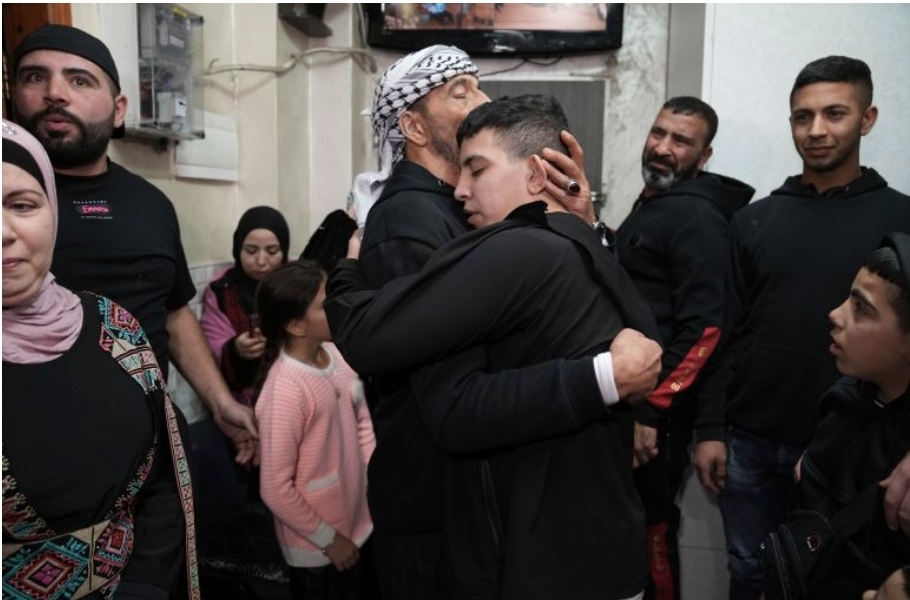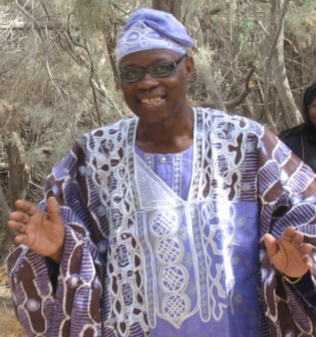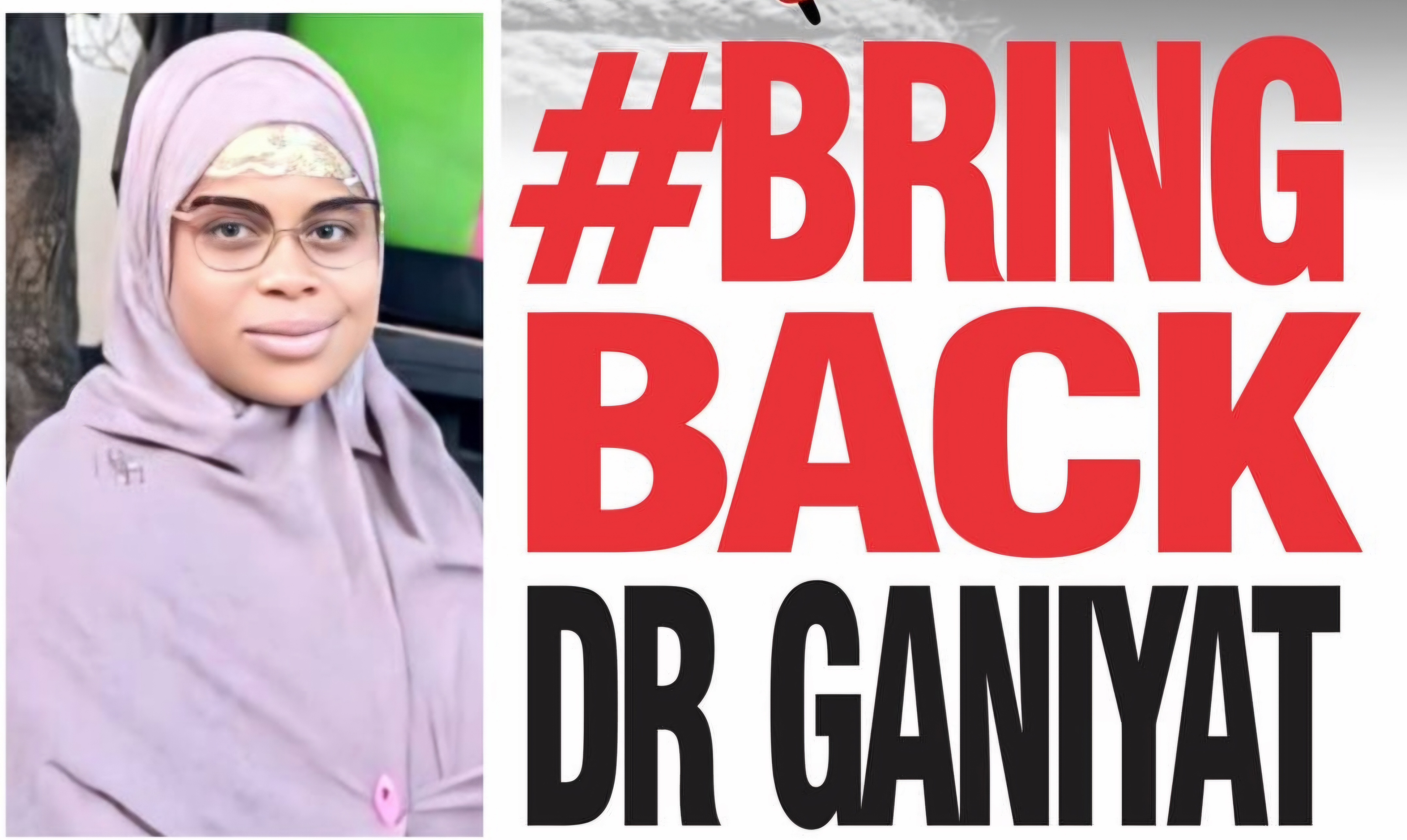
Breaking News: Unilorin Alumi Association: 'We were warned' - Opinion
Breaking News: Breaking: Court Restrains Oyo Assembly from Further Impeachment Process Against Makinde’s Deputy, Olaniyan
Breaking News: Labour leaders physically assault Ogun journalists for covering strike, harass hospital workers
Breaking News: Congratulations Asiwaju – Osinbajo’s spokesperson accepts defeat
Breaking News: Finalissima: Messi steals show, beats European Champion, Italy
More than a year into the Gaza war, the Israeli army’s reservists are calling for the end of wars in Lebanon and Palestine, saying they are out of soldiers and the cost too high.
It is becoming obvious that the Israeli army are exhausted and it is struggling to recruit soldiers just as it opens a new front in Lebanon.
Some 300,000 reservists have been called up since the Hamas attack of October 7, 2023, according to the army, 18 per cent of them men over 40 who should have been exempted.
On October 9, Yotam Vilk, along with more than 130 other Israeli reservists, signed an open letter to Prime Minister Benjamin Netanyahu and Defense Minister Yoav Gallant stating that they refuse to serve unless a deal is signed to end the war and bring back the 101 hostages still in Gaza.
"For some of us, the red line has already been crossed, and for others, it is rapidly approaching: the day when, with broken hearts, we will stop reporting for service," the letter read.
“On October 7, I didn’t hesitate… because my people were murdered and killed and I understood that there was a need to save them, and there is still a need to save them, which the Israeli government doesn’t seem to see as urgent,” Vilk told CNN in a phone interview.
Max Kresch another reservist who served on Israel’s border with Lebanon for 66 days after October 7 said he’s had enough.
When he returned to his home in Jerusalem at the end of December, he says he had a hard time readjusting and fell into a deep depression. Serving was very difficult for him, Kresch said, because the atmosphere felt very “religiously militaristic.”
“A very significant portion of the people that I was with felt religiously inspired to be fighting in this war, which was extremely uncomfortable for me,” he said.
He recalled one soldier telling him he believed it was a mitzvah, or Jewish religious duty, to kill Palestinians in Gaza, including children, “because they would grow up to be terrorists.
Another 28-year-old reservist, who asked to remain anonymous because he didn’t want the families of soldiers who died to feel betrayed by his decision to refuse, served in Gaza for over 130 days. He felt the weight of the anniversary as well.
“The military pressure has been overwhelming for a bit more than a year now, and I don’t think any more military action is going to change the situation,” he told CNN.
Like Kresch and Vilk, he believed it was necessary to fight Hamas on October 7, but to what end?
“We can always keep bombing Gaza… I won’t even talk about the civilian cost, because people in Israel shut down when we talk about it. But the utilitarian cost. There’s no point in fighting a war that could last forever,” he said.
Military service is mandatory from the age of 18 for Israeli men and women, though several exemptions apply.
Israel is waging a multi-front war against Hamas in Gaza and the Iran-backed militant group Hezbollah in Lebanon.
Since the military launched its ground offensive in Gaza on October 27 last year, it has lost 367 soldiers in the campaign, while 37 have died in Lebanon since Israel began ground operations there on September 30.
Periods of reserve duty have been extended, and some reservists complain they are unable to go on with their normal lives for up to six straight months.
“We’re drowning,” said reservist Ariel Seri-Levy in a social media post shared thousands of times.
He said he had been called up four times since the October 7 attack, and called out those who want Israel to “stay in Lebanon and Gaza”.
“We have to end this war because we are out of soldiers,” he said, adding that while he still believed in serving one’s country, “the concessions have become too great”.
Another reservist and father of two told AFP under condition of anonymity that “to fatigue and moral exhaustion is added the fact that I lost my job”.
Many freelance workers have had to close shop because of the war, even if the government guarantees a minimum income for reservists.
“The collective is still above the individual but the cost is too great for my family,” the reservist said, adding that he spent nearly six months in Gaza this year.
The ongoing wars have inflamed the public debate on drafting ultra-Orthodox Jews, many of whom are exempted from military service.
The ultra-Orthodox account for 14 per cent of Israel’s Jewish population, according to the Israel Democracy Institute (IDI), representing about 1.3 million people.
About 66,000 of those of conscription age are exempted, according to the army.
Under a rule adopted at Israel’s creation in 1948, when it applied to only 400 people, the ultra-Orthodox have historically been exempted from military service if they dedicate themselves to the study of sacred Jewish texts.
In June, Israel’s Supreme Court ordered the draft of yeshiva (seminary) students after deciding the government could not keep up the exemption “without an adequate legal framework”.
Ultra-Orthodox political parties in Prime Minister Benjamin Netanyahu’s coalition called for such a framework before a vote on the budget at the end of the year.
Aryeh Deri, leader of the Sephardi ultra-Orthodox party Shas, said he hoped “to solve the problem of the draft” for seminary students.
Some 2,000 wives of reservists from the religious Zionist movement, which combines religious lifestyle with army participation, signed an open letter asking to “lighten the load for those who serve”.
“There is no contradiction between Torah study and military service, both go hand in hand,” academic Tehila Elitzur, mother and wife of a reservist, told the Yediot Aharonot newspaper.
Six men who had volunteered despite being eligible for exemptions were killed in combat between October 22 and 28, including a father of 10.
David Zenou, a 52-year-old rabbi who fought for 250 days this year, including several weeks in Lebanon, said: “It’s an honour to serve my country, and I will continue to do it for as long as I can.
“Above all, let’s not forget that this is war and we are short on soldiers,” the father of seven and grandfather of six told AFP.
AFP
Newsletter







We are not gonna make spamming
Copyright By @ HorizonTimes - 2026
BACK TO TOP